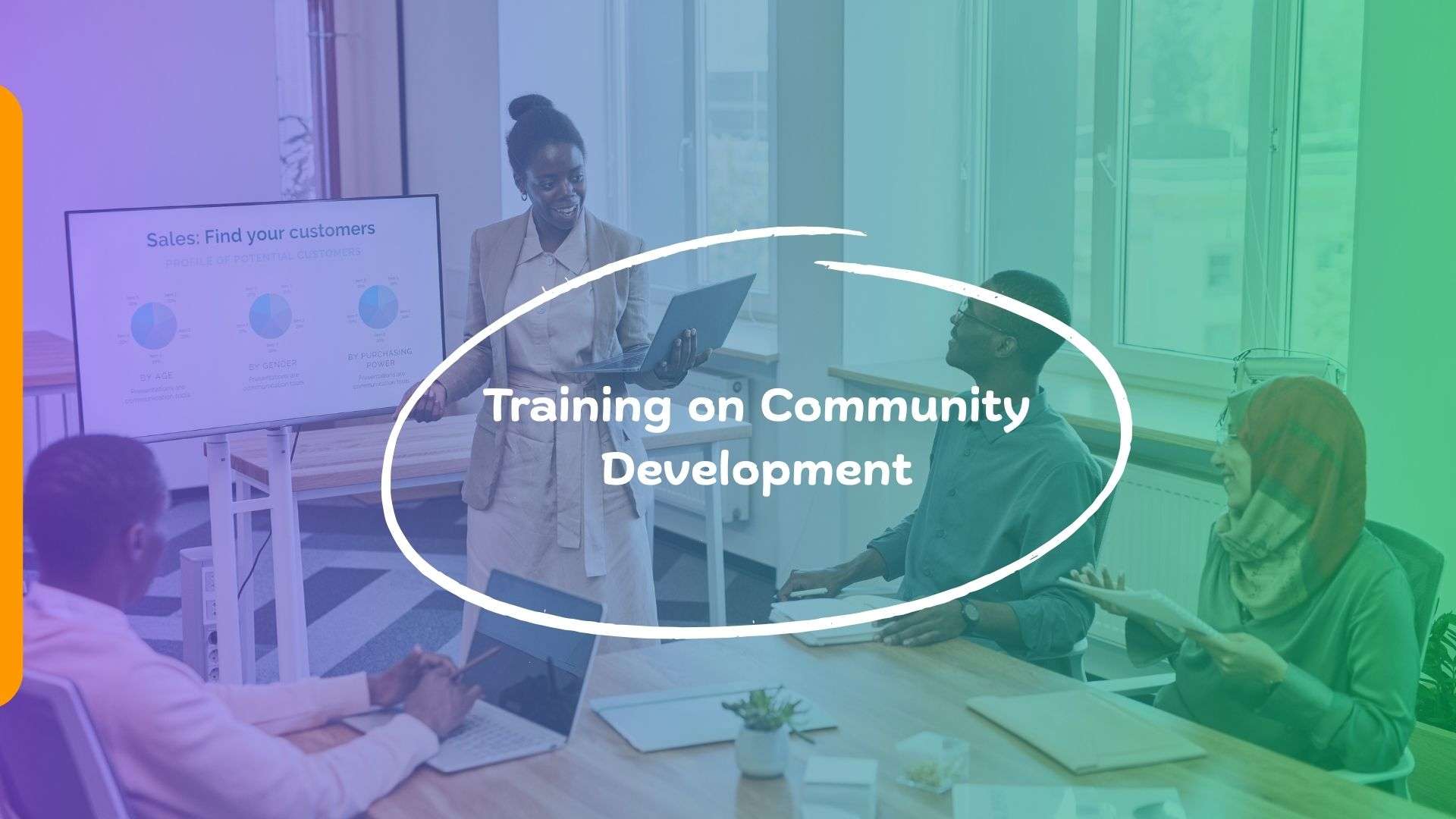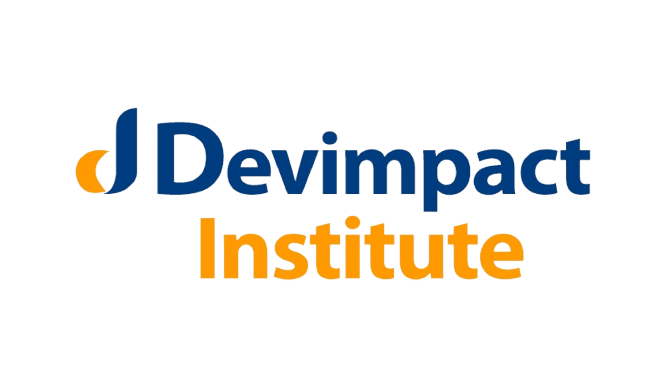
Training on Community Development
Community development supports communities in utilizing their resources to improve the standard of living in their neighborhood. The purpose of community development is mainly to build communities based on human rights, justice, mutual respect, and equality. Community development is fundamentally grounded in the idea that everyone should have access to health, happiness, wealth, justice, and opportunity. It acknowledges that some individuals, organizations, and communities are marginalized and oppressed as a result of how society and its systems are set up.
This training on community development aims at equipping communities, community leaders, NGOs, CSOs, and other practitioners with relevant knowledge and skills for effective participation in socio-economic development.
Target Participants
Training on community development is ideal for staff in development organizations, government institutions, and the private sector who are involved in community development activities.
What You Will Learn
By the end of this course the participants will be able to:
- Understand the key concepts and principles in community development
- Understand the importance of community participation in development.
- Develop the project life cycle of a community development project
- Determine how cross-cutting issues affect community development
- Implement strategies for mainstreaming cross-cutting issues in community development
Course Duration
Classroom Based – 5 Days
Online – 7 Days
Introduction to Community Development
- Key concepts in community development
- Characteristics of healthy and unhealthy communities
- Principles in community development
- Community Organizational Structure
- Characteristics of a healthy and unhealthy community
- Challenges in Community Development
Community Needs Assessment and Identification
- Definition and Importance of Needs Assessment
- Methods for conducting community assessments
- Identifying strengths, weaknesses, opportunities, and threats (SWOT analysis)
- Needs assessment techniques
- Data Collection Techniques (Surveys, Interviews, Focus Groups)
- Geographic Information System (GIS) Tools for Community Mapping
Participatory Methods for Community Development
- Participatory methods (PRA, PUA, RRA, ABCD)
- Participatory tools
- Participatory learning and action (PLA)
Community Group Formation and Development
- Types of Groups
- Process of Group Formation and Development
- Factors Influencing the Success and Failure of Groups
- Components of a Group Constitution
Leadership and Governance
- Definition of Concepts
- Leadership Styles
- Qualities of a good Community Leader
- Functions of Management
- Major Challenges in Leadership, Management, and Governance
Conflict Management and Resolution in Community Groups
- Causes and Sources of Conflict
- Styles of Managing Conflict
- Steps in Conflict Management
- Methods of Conflict Management and Resolution
Principles of Advocacy
- Types of Advocacies (Policy, Community, Legal, etc.)
- Developing a Plan for Advocacy in the Community
- Free, Prior, and Informed Consent (FPIC)
- Using Social Media for Digital Advocacy
- Advocacy Planning and Campaign Strategies
Design of Community Development Programmes
- Formulation of the project goal statement
- Project causal pathway design
- Development of a logical framework
Project Planning and Management
- Project life cycle
- Characteristics of community development projects
- Types of community development projects
- Challenges in project management
Monitoring and Evaluation of Community Development Projects
- Importance of monitoring and evaluation of community development projects
- Selection of Key Indicators
- Development of Performance Measurement Framework
- Routine Monitoring of Community Development Programmes
- Evaluation of Community Development Programmes
Stakeholder Engagement in Community Development
- Role of Government and Public Policy
- Contributions of Non-Profit Organizations
- Engaging the Private Sector and Businesses
- Strategies for Effective Stakeholder Engagement
- Building and Maintaining Relationships with Stakeholders
- Understanding Culture and Diversity
Resource Mobilization
- What is resource mobilization?
- Types of resources
- Sources of resources – internal and external
- Ways of mobilizing resources
- Tools for Resource Mobilization
Cross-Cutting Issues
- Gender Mainstreaming
- Disability Mainstreaming
- HIV/AIDS
- Vulnerable groups
- Drug and Substance abuse
- Environment /climate change
- Disaster awareness and preparedness response

